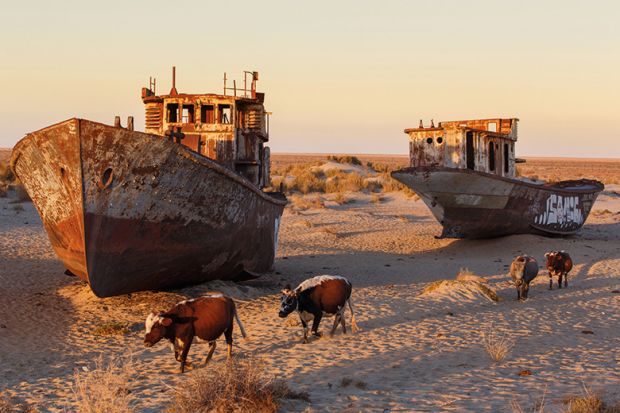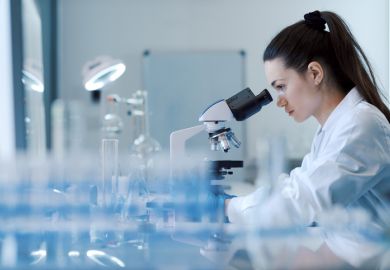Kath Weston’s political ecology of the challenges of sustaining our planet in the early 21st century begins with a bedtime story. It starts long ago, when “the creatures of the world depended upon each other and they knew it”, and moves to recent decades, where we live a life “once, twice, thrice removed from all that sustains it”. The question that pervades the book – how can humanity deal with the paradox of being the cause of its own destruction and yet not know how to stop doing so? – is fundamentally important to the way we live in the world today, and one we struggle to look at. For this reason alone, Animate Planet is important, and to some degree a must-read.
Weston draws on four scenarios or case studies – food, energy, climate change and water – underpinned by the twin themes of animacy and intimacy. Her animacy is, she proposes, a new form of animism: less one where elements of the environment are sentient, and more one where humans relearn to value the fragile and inseparable connection between the life forms with which we coexist. The intimacy she describes is one in which we share and absorb life force from, and are intimately connected with, these life forms, so we literally co-constitute one another. Thus even if most of us are one, two or even three steps removed from how we treat the world, we will ultimately incorporate the outcome, whether through our simple sensate knowing of bodily temperature changes, digesting food hormones or inhaling radioactive particles, or imbibing pesticides and industrial waste in the water we drink. All these will change us as we change the world.
While the book’s central point is unarguable – yes, our lives depend on relearning how to live in this world as interconnected elements of its animate community – some sections are more coherent than others. The chapter on energy is by far the most nuanced and persuasive. Weston describes the rise of Japanese citizen-scientists who, in buying and operating their own Geiger counters after the explosions at Fukushima, provided much-needed monitoring of radiation levels in school playgrounds, farms and city streets. Posting their data online enabled people to petition for decontamination and make informed decisions about whether to relocate. Other chapters, while all convincing, often draw less on local solutions than the author’s arguments.
For Weston, what is needed, and what links all her examples in a book that appears to have been completed before the US presidential election or Brexit, is a revitalisation of community and grass-roots action. This is not so much a new populism but more an acknowledgement of our mutual intimacy with the animate world, and a rethinking of the way humans work with new (and old) technologies in ways to protect and promote life.
Animate Planet is partially successful, and this is not so much a criticism as a reflection of reality. After all, if it were that easy to find ways to sustain our planet, there would be no need to write this book. And on a very positive note, it provokes us to think, and is not without solutions. Nevertheless, in a way that is intimately bound up with our own prevarication, the book ends with us looking over the edge of an abyss of our own making.
Stephanie Bunn is senior lecturer in social anthropology, University of St Andrews.
Animate Planet: Making Visceral Sense of Living in a High-Tech Ecologically Damaged World
By Kath Weston
Duke University Press, 264pp, £77.00 and £20.99
ISBN 9780822362104 and 2326
Published 25 January 2017
POSTSCRIPT:
Print headline: Every action has a reaction
Register to continue
Why register?
- Registration is free and only takes a moment
- Once registered, you can read 3 articles a month
- Sign up for our newsletter
Subscribe
Or subscribe for unlimited access to:
- Unlimited access to news, views, insights & reviews
- Digital editions
- Digital access to THE’s university and college rankings analysis
Already registered or a current subscriber?




